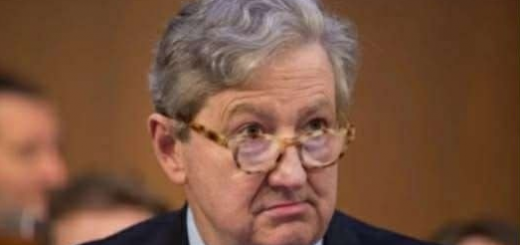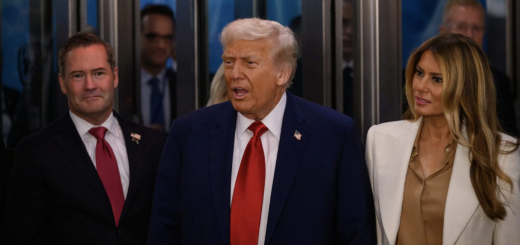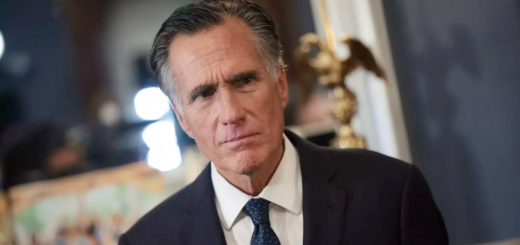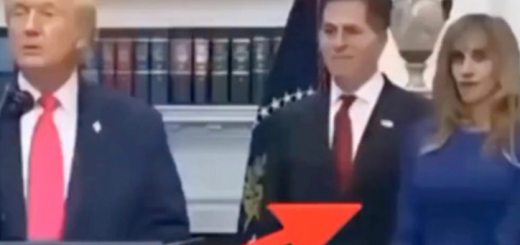New DOJ Memo Sparks Controversy Over Denaturalization of Immigrants Accused of Fraud

A newly surfaced memo from the U.S. Department of Justice is making waves, urging federal attorneys to pursue denaturalization proceedings against individuals who are alleged to have fraudulently obtained U.S. citizenship — particularly those deemed a threat to national security or who have undisclosed criminal histories.
The internal guidance, dated June 11, encourages the Civil Division to actively investigate and pursue cases where naturalized citizens may have concealed past felonies or made material misrepresentations during the naturalization process, according to a report by The Hill.
What makes this memo especially controversial is its broad language. Legal experts have pointed out that it authorizes action not only against individuals who have been convicted of crimes but also against those who simply face pending criminal charges.
The memo highlights that “denaturalization is appropriate” in cases where individuals are linked to national security threats or where evidence of fraud in the naturalization process emerges.
Additionally, it states that the DOJ may act on “any other cases” it considers important — leaving significant room for interpretation.
Legal Experts Raise Concerns Over Vagueness
Former U.S. Attorney Joyce Vance, now a law professor, expressed concern over the scope of the memo.
Writing in a blog post, she argued that the language is so open-ended that it could, in theory, apply to individuals based on political expression or past activism.
“This vague guidance could potentially impact a wide range of naturalized citizens — from professors and journalists to medical professionals — based on subjective assessments,” Vance wrote.
Critics of the policy warn that such measures could be used as political tools to target critics of the government or specific public figures.
Though the Department has not specified particular individuals under investigation, high-profile political voices have called attention to certain public figures.
Political Reactions and Public Debate
The policy has ignited political debate, with some officials expressing support for stricter scrutiny, while others warn it may compromise constitutional rights.
Florida Attorney General James Uthmeier recently echoed calls to review the citizenship status of Representative Ilhan Omar following her critical comments about former President Donald Trump’s military parade.
In a social media post, Uthmeier wrote, “Denaturalize and Deport,” alongside a video of Omar’s remarks.
Omar, a naturalized citizen originally from Somalia, has previously drawn public attention for outspoken political commentary.
Her critics argue her statements warrant legal scrutiny; her supporters say such targeting sets a dangerous precedent.
Broader Implications
The DOJ memo arrives amid broader conversations about immigration policy and national identity.
While denaturalization has long been a legal tool in cases of proven fraud, its expanded use raises questions about civil liberties, legal thresholds for evidence, and how political speech intersects with citizenship rights.
At this time, no formal charges or denaturalization proceedings related to this memo have been made public.
The DOJ maintains that any actions taken will adhere to the law and due process.




























